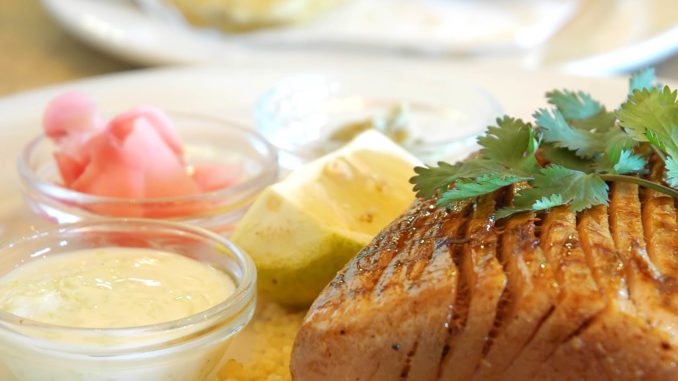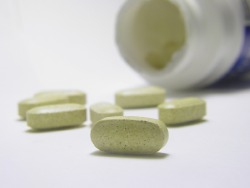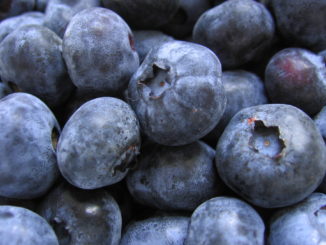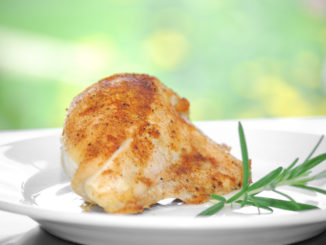
With the invention of low carbohydrate diets and other restrictive measures of weight control, it seems that we can’t escape the idea of how good protein must be for us. It seems to be the wonder ‘drug’ for muscle building and slimming down.
However, is this really how things work? Is protein something that we should base our entire diet on?
What is protein?
Protein is a string of amino acids that forms a chain within the body. It is responsible for metabolizing food as well as helping various cellular functions and reactions in the body.
We need protein in order to build and repair muscle tissues, increase our immune system function, help balance energy, and aid in the regulation of cellular transport (meaning the movement of things in and out of cells).
What we might not realize is that protein is not just for the muscles in our body; it’s for making sure that our body can work well enough to use those muscles in the first place.
How much protein do we need?
The truth is that most people are already eating more than enough protein in their diets, without having to try very hard. There are small amounts of protein in everything that we eat – fruits and vegetables included.
And while many diets tout the idea of adding more protein to out diets in order to become healthier – this is biologically necessary. In fact, there is no proven reason for taking in more protein than your body can handle as it will only excrete the excess anyways.
If you do want to measure your protein each day, multiply your weight in kilograms by 0.8g to get the gram total of protein that you want to eat. Pregnant women and those that are competitive athletes will need to eat slightly more because of the energy they are using.
Where can you find protein?
The most obvious sources of protein come from animal products – red meat, poultry, pork, fish, and dairy products. However, you can also get protein from non-animal sources like beans, legumes, tofu, and vegetables.
Even whole grains contain small amount of protein. While animal products contain higher amounts of protein, you can create meals that are completely vegetarian that also contain the proper amounts of protein that you need.
For example, beans and rice is a popular way to balance your protein in a meal and still get all of the amino acids that your body requires.
Can a vegetarian get enough protein?
There are many different kinds of vegetarians and some eat a few animal products as a part of their diet in order to ensure their protein intake – eggs and dairy products, for example. For those vegetarians that shun all animal products, they can learn to properly balance their cooking in order to get the protein that they body needs.
By making sure to include leafy green vegetables, whole grains and plenty of legumes, vegetarians can still maintain their protein levels.
Actually, many of us have already eaten enough protein in our lives that we could live for a few days with touching a gram of it.




Be the first to comment